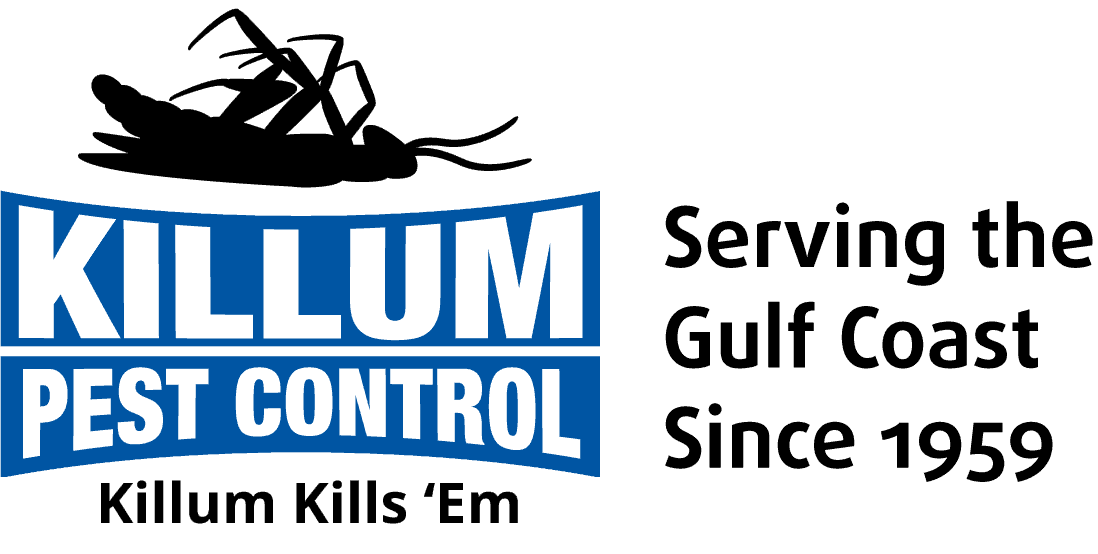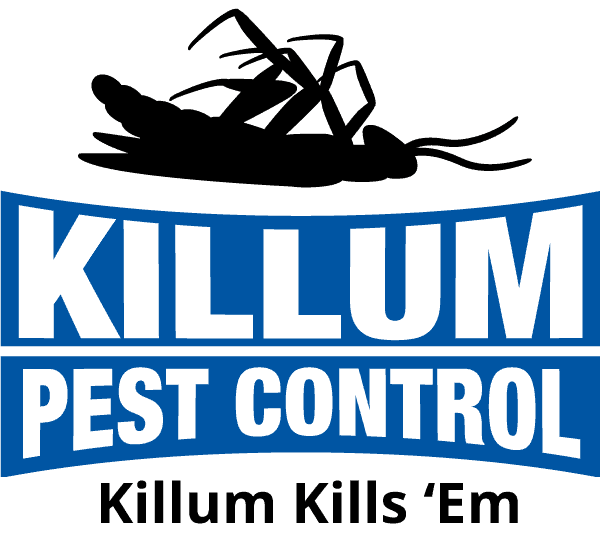Termites are a significant concern for homeowners throughout Texas, as they cause billions of dollars in property damage each year. Often referred to as “silent destroyers,” these wood-eating pests can go unnoticed for years, causing extensive damage to the structural integrity of your home. With Texas’ warm and humid climate, it’s crucial for homeowners to understand the risks and take necessary preventive measures to safeguard their properties against termite infestations.
As the area’s top provider of residential and commercial pest control services, Killum Pest Control, Inc., Inc. is committed to helping Texas homeowners protect their properties from termite threats. Join us as we explore the essential aspects of termite identification, prevention, and treatments, empowering you with the information and resources needed to safeguard your home.
1. Termite Identification: Common Species and Signs of Infestation
To successfully prevent or address termite infestations, homeowners must first familiarize themselves with the common termite species found in Texas and the signs of their presence. Three prevalent species include the following:
- Subterranean Termites: These termites live in underground colonies and are responsible for most termite damage in Texas. They build mud tubes to travel to wooden structures above ground, and their presence is often indicated by these mud tubes, sagging wood structures, or discarded wings from swarmers.
- Drywood Termites: Unlike subterranean termites, drywood termites live within the wood they feed on, creating tunnels and voids that compromise structural integrity. Signs of infestation include frass (wood pellets), hollow-sounding wood, and small holes where they expel debris.
- Formosan Termites: These invasive termites are a more aggressive subterranean species, notorious for their large colonies and extensive damage potential. They build distinctive mud nests called cartons and can infest utility poles, boats, and buildings.
2. Detecting and Addressing Structural Vulnerabilities
Homeowners should be aware of potential structural vulnerabilities that may serve as entry points or attract termite colonies. Some common issues include the following:
- Wood-to-Ground Contact: Termites can easily access wood siding or support beams that are in direct contact with soil. Install a barrier between wooden structures and the ground to deter entry.
- Moisture Issues: Excess moisture can attract termites and facilitate their survival. Ensure proper drainage around your home’s foundation and promptly address any plumbing leaks or moisture buildup.
- Cracks and Gaps: Termites can enter your home through small gaps or cracks in your home’s foundation, walls, or around windows and doors. Seal these openings to help prevent termite access.
3. Implementing Effective Preventative Measures
After addressing structural vulnerabilities, homeowners should take additional steps to minimize the risk of termite infestations:
- Moisture Control: Maintain proper ventilation and moisture control in crawl spaces, basements, and attics to discourage termite colony establishment.
- Wood Treatments: Apply termite-resistant treatments to exposed wood surfaces to create a barrier that prevents infestations.
- Landscaping Adjustments: Keep plants, mulch, and other landscaping materials away from your home’s foundation. Regularly inspect wooden structures (fences, decks, etc.) for signs of termites and maintain a barrier between soil and wood structures.
- Firewood Storage: Store firewood or scrap wood away from your home and elevated off the ground to prevent termite access.
4. The Importance of Professional Inspection and Treatment
Regular inspections and professional treatments are vital in preventing and addressing termite infestations:
- Termite Inspections: Schedule professional termite inspections to identify hidden infestations and determine the most effective treatment plan for your specific situation.
- Professional Treatments: Termite treatments vary based on the infestation severity and species involved. Professional pest control providers have the expertise and resources to administer targeted treatments, such as chemical barriers or bait stations.
- Monitoring and Maintenance: A trusted pest control provider, like Killum Pest Control, Inc., can offer ongoing monitoring and maintenance plans to prevent future infestations and safeguard your property.
5. Termite Insurance Coverage
Homeowners’ insurance policies typically do not cover termite damage, as infestations are considered preventable with regular maintenance and inspections. However, some insurance companies offer additional coverage options, such as termite bonds or warranties, to protect homeowners from termite damage.
- Termite Bonds: A termite bond is a contract between a homeowner and a pest control company that provides protection against termite damage. The bond typically includes annual inspections and treatments, and in the event of termite damage, the pest control company will cover the cost of repairs up to a certain amount.
- Termite Warranties: Termite warranties are similar to termite bonds but are offered by insurance companies instead of pest control companies. These warranties typically cover the cost of termite damage repairs and may include regular inspections and treatments.
It’s important to carefully review the terms and conditions of any termite bond or warranty to ensure that it provides adequate coverage for your specific situation. Additionally, it’s important to note that some warranties may require regular inspections and treatments by a licensed pest control professional to remain valid.
Conclusion
Protecting your Texas home from termite infestations is an essential responsibility for homeowners to defend their properties and prevent costly structural damage. By understanding termite identification, addressing structural vulnerabilities, and implementing effective prevention measures, homeowners can significantly reduce the risk of infestations while maintaining the safety and value of their property.
As the area’s leading provider of residential and commercial pest control services, Killum Pest Control, Inc. is committed to helping Texas homeowners protect their properties from the threat of termite damage. Leveraging our expertise, we offer customized termite treatment plans and continuous support to ensure a pest-free environment.
If you’re in Houston and looking for a termite exterminator, safeguard your home and investment with Killum Pest Control, Inc. Contact us today to schedule a termite inspection and secure the peace of mind that comes with a protected property.




